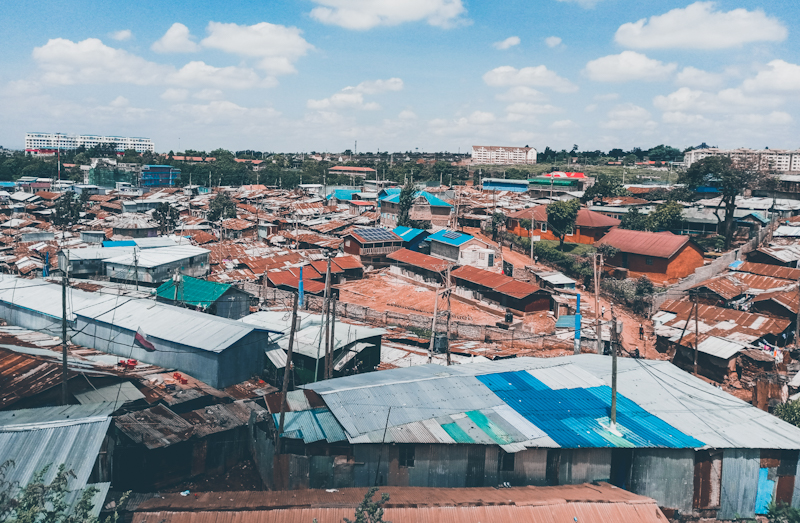The global unemployment rate and the jobs gap rate—the share of people who want to work but are not employed—have both dropped below their pre-pandemic levels, according to the International Labour Organization (ILO).
The World Employment and Social Outlook Trends: 2024 (WESO Trends) report, which analyses the latest labour market trends and their social implications, however, warns that the labour market recovery is fragile and uneven and that growing inequalities and stagnant productivity pose serious challenges for the future of work.
According to the report, the global unemployment rate improved from 5.3 per cent in 2022 to 5.1 per cent in 2023, but it is expected to increase to 5.2 per cent in 2024, as two million more workers will join the ranks of the jobless.
The global jobs gap rate also declined from 14.6 per cent in 2020 to 12.8 per cent in 2023, but it remains well above the 2019 level of 10.7 per cent. The report attributes these improvements to the resilience of labour markets and the policy measures taken to mitigate the impact of the pandemic.
The report further highlights the disparities and vulnerabilities that persist across regions and groups. Low-income countries have suffered the most from the pandemic, with higher unemployment and poverty rates than high-income countries.
ILO Director-General Gilbert Houngbo warned that “falling living standards and weak productivity combined with persistent inflation create the conditions for greater inequality and undermine efforts to achieve social justice.
“The workforce challenges it detects pose a threat to both individual livelihoods and businesses and it is essential that we tackle them effectively and fast. Falling living standards and weak productivity combined with persistent inflation create the conditions for greater inequality and undermine efforts to achieve social justice. And without greater social justice we will never have a sustainable recovery”.
It estimates that the number of workers living in extreme or moderate poverty increased by 9.4 million in 2023, reversing the progress made in previous years. Income inequality has also widened, as real disposable incomes have declined in most G20 countries.
The report cautions that the erosion of living standards could hamper aggregate demand and economic recovery.
The ILO also notes that the pandemic has affected different segments of the labour force differently.
Women’s labour force participation rebounded quickly, but a significant gender gap remains, especially in emerging and developing countries.
Youth unemployment rates, on the other hand, continue to be a challenge, as young people face difficulties in finding decent jobs and acquiring relevant skills.
The report calls for a human-centred approach to the future of work based on strengthening social protection systems, enhancing social dialogue, investing in skills development, and supporting the transition to a green economy.
It also urges greater international cooperation and solidarity to ensure a fair and inclusive recovery from the pandemic.
UN Report Warns of Big Misses Across Sustainable Development Goals




